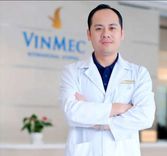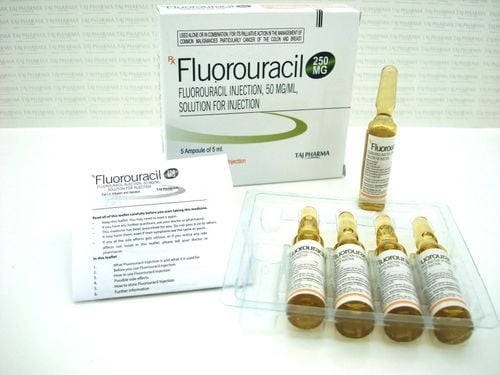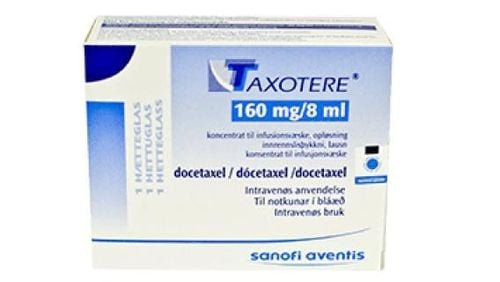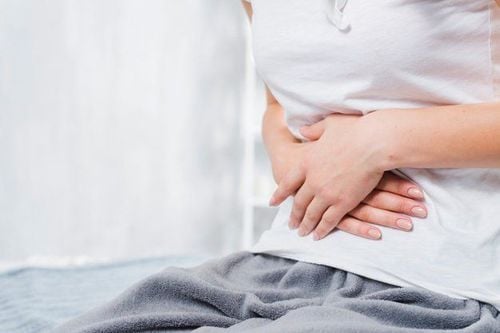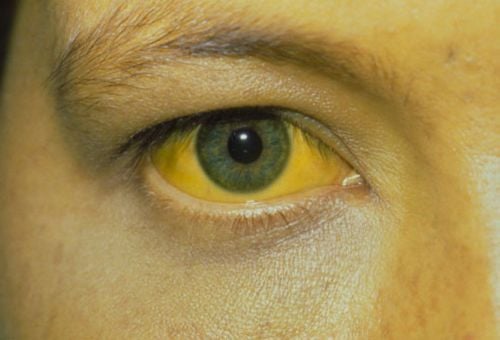This is an automatically translated article.
The article is professionally consulted by Master, Doctor Nguyen Thai Binh - Gastroenterologist - Department of General Surgery - Vinmec Ha Long International General Hospital. Master, Doctor Nguyen Thai Binh has more than 20 years of experience working in abdominal surgery.To treat stomach cancer, in many cases, the patient will be prescribed gastrectomy. After gastric bypass cancer, how the patient's body will change and what measures can be used to respond to that change, let's find out through the following article.
1. Indications for gastrectomy in the treatment of gastric cancer
In the treatment of stomach cancer, in some cases, the doctor may appoint the patient to remove the entire stomach. This is an operation in which the entire stomach is removed, cutting above to the abdominal esophagus and below the pylorus to the duodenum. Then, the esophagus will be connected to the jejunum to facilitate digestive circulation.Gastric cancer surgery is a complicated technique, requiring it to be performed in a fully equipped medical facility, experienced surgeons, and the patient must be well-prepared. be very well, have enough health to participate in the surgery.
Gastrectomy for cancer will not be performed in patients who are very weak, cancer has spread to the peritoneum or distantly, has invaded the diaphragm or spread through the abdominal esophagus.
How long does gastric cancer surgery live? The earlier the disease is detected at an early stage and the earlier surgery is indicated, the higher the surgical efficiency, the lower the risk of recurrence, and the completely cured stomach cancer.
The cancer gastrectomy procedure goes like this:
Before surgery The patient will be explained by the doctor about the treatment method, benefits, risks, and possible complications. The patient or family member will sign the commitment to complete the administrative procedures to perform the surgery. Patients will be tested, ultrasound, endoscopy, computed tomography to evaluate the invasion and metastasis of the cancer. Patients will be enhanced with nutrition, improve their physical condition to ensure adequate recovery of albumin, blood protein, and well-adjusted biochemical disorders. Carry out enema, bowel washing if necessary, remind the patient to fast for 6 hours before surgery. Surgical procedure Use prophylactic antibiotics in the patient to prevent infection. The patient lies supine, anesthesia, analgesia, and urinary catheterization are performed. Perform abdominal incision, total gastrectomy, greater omentum and lymph node dissection. Esophageal-jejunal connection above the Y loop through the transverse mesentery. Drain and close the abdomen, pay attention to hemostasis and wipe the abdomen.
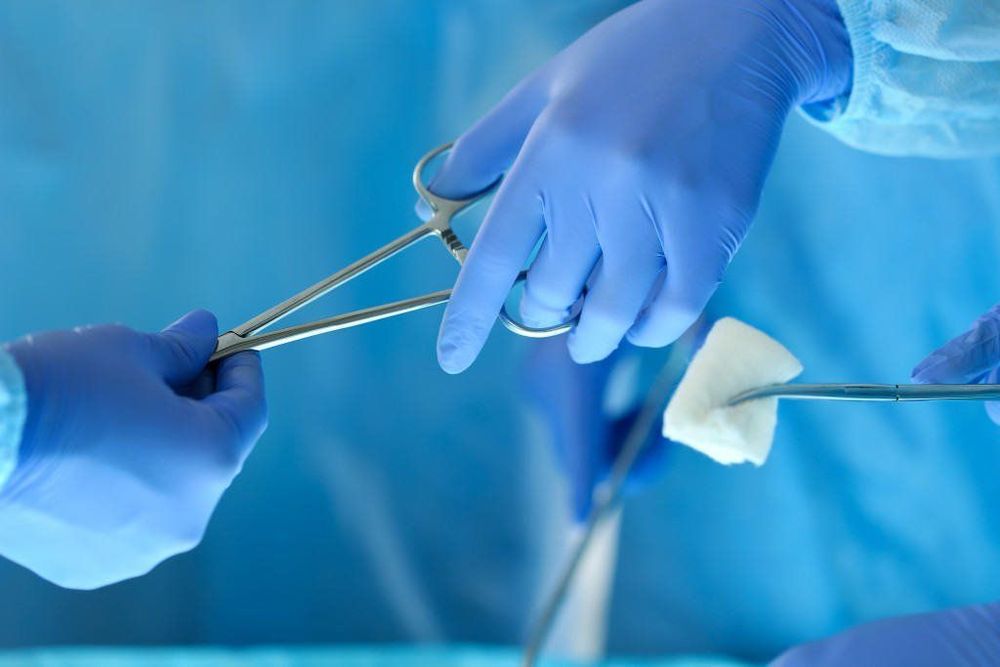
2. What happens after total gastrectomy for cancer treatment?
During the first 5 days after gastrectomy, the patient will be given complete parenteral nutrition. The patient will be infused with solutions of water, electrolytes, sugar, and amino acids to provide the necessary nutrients and energy.From the 5th day after having a bowel movement, the patient can eat liquid foods by mouth, should start eating with milk, porridge, several times a day, about 100ml each time. After a few weeks, the patient can start eating rice.
After gastric bypass surgery for cancer, patients often experience some of the following conditions:
Loss of weight in the first few months, possibly due to the side effects of drugs that make the patient anorexia, due to poor diet or incomplete absorption. Dumplin syndrome: This syndrome usually occurs shortly after eating, when food passes too quickly into the intestines. Common symptoms are abdominal pain, nausea, diarrhea, which may be accompanied by dizziness, dizziness, fatigue,... Fat absorption due to the fast retention time of food in the intestine reduces the time to follow. contact with digestive enzymes. At the same time, the loss of the stomach will lose the function of contraction and crushing of food in the stomach, most of the food entering the jejunum is large in size, so it will be difficult for pancreatic enzymes to digest food. The decrease in fat absorption will lead to a decrease in absorption of fat-soluble vitamins such as A, D, E, K causing disease conditions such as peeling skin, dry eyes, bone disorders, hematopoietic disorders,... Patients often have flatulence, discomfort, long fullness, vomiting undigested food. Lactose intolerance due to a deficiency of the enzyme lactase. Patients often have flatulence, bloating, diarrhea after eating foods rich in lactose such as breast milk, cow's milk, other dairy products, some desserts,... Macrocytic anemia, deficiency Malignant blood Osteoporosis, fracture Nutrition is also an important part of the treatment process, to prevent malnutrition as well as to respond to changes in the body after gastric bypass surgery for cancer. Patients should follow the following dietary guidelines:
Break down meals during the day, instead of eating three meals a day, it can be increased to 6-8 meals. Sit upright while eating, eat slowly and chew thoroughly. Limit drinking water while eating, should drink water 30-60 minutes after or before meals.

Patients will be selected the appropriate treatment regimen to achieve the most effective treatment as well as ensure the highest safety. The patient's condition will be comprehensively assessed before, during and after surgery and even after discharge. Patients will be advised on a lifestyle and nutrition plan to ensure the fastest recovery.
Please dial HOTLINE for more information or register for an appointment HERE. Download MyVinmec app to make appointments faster and to manage your bookings easily.
